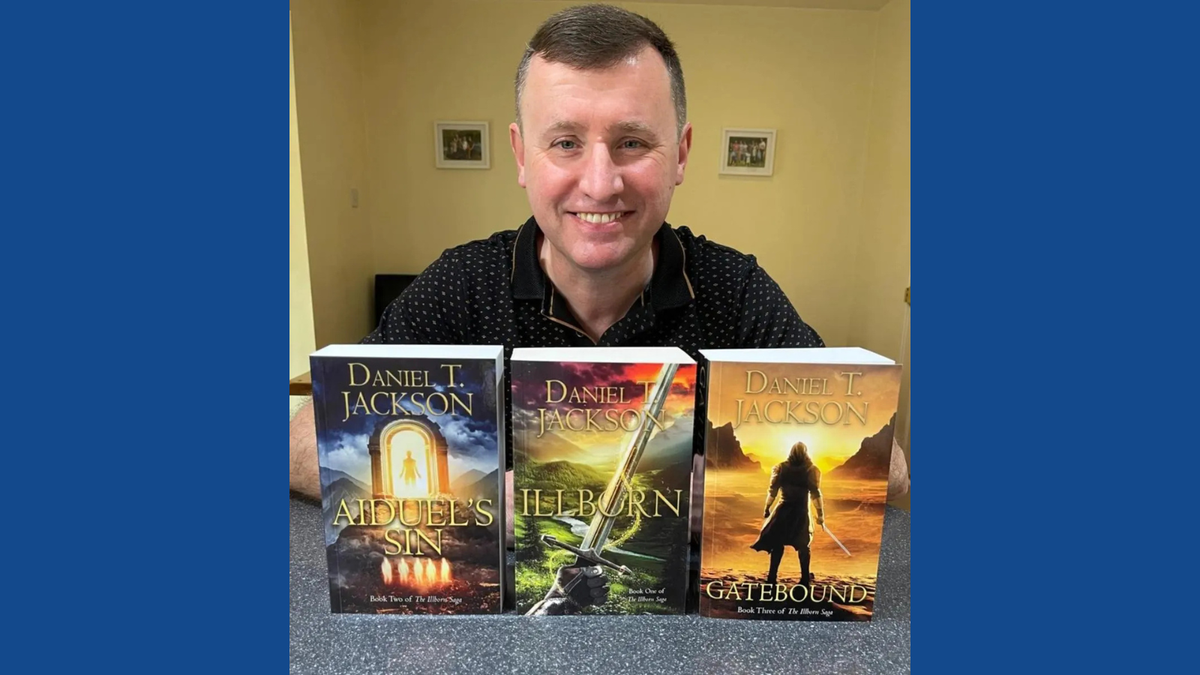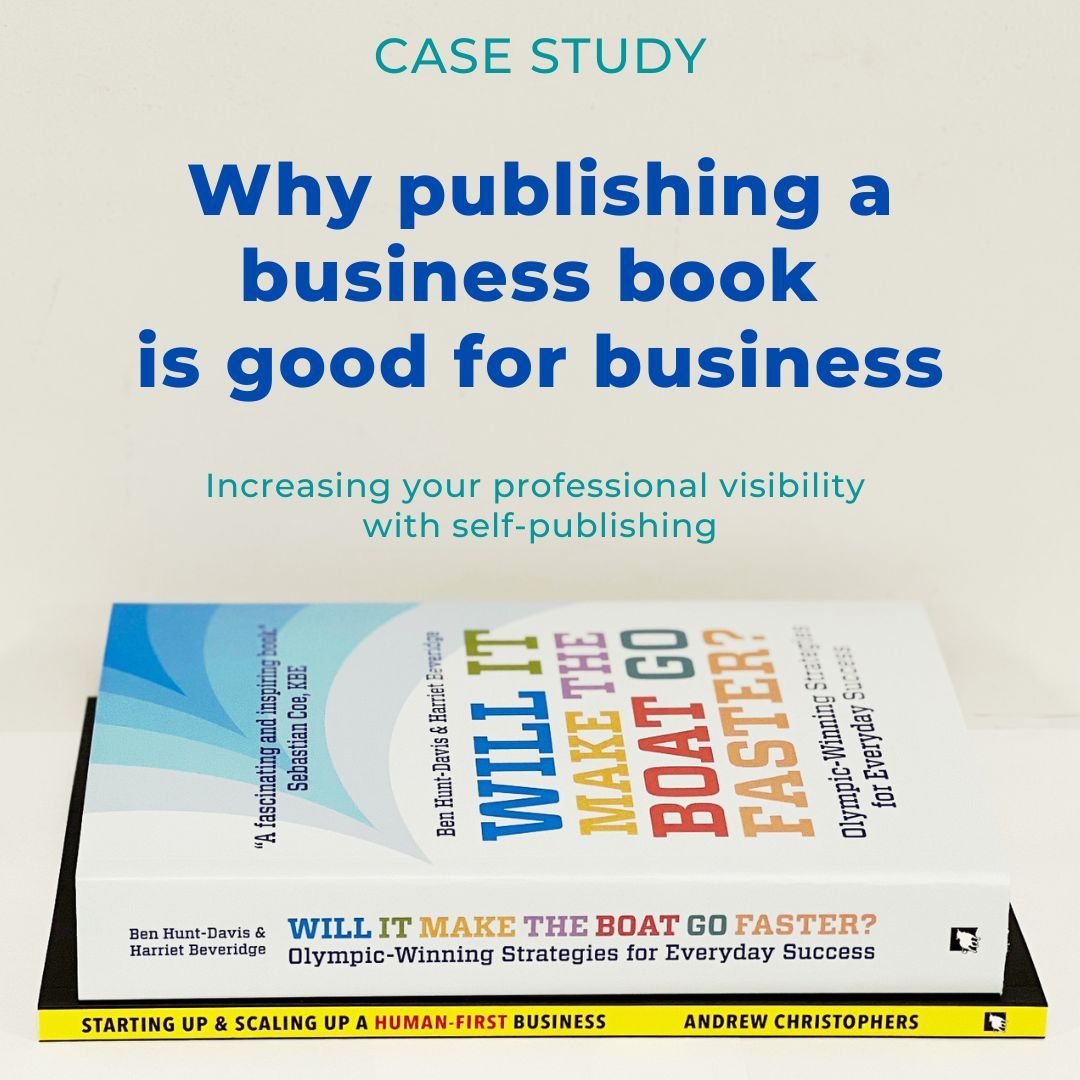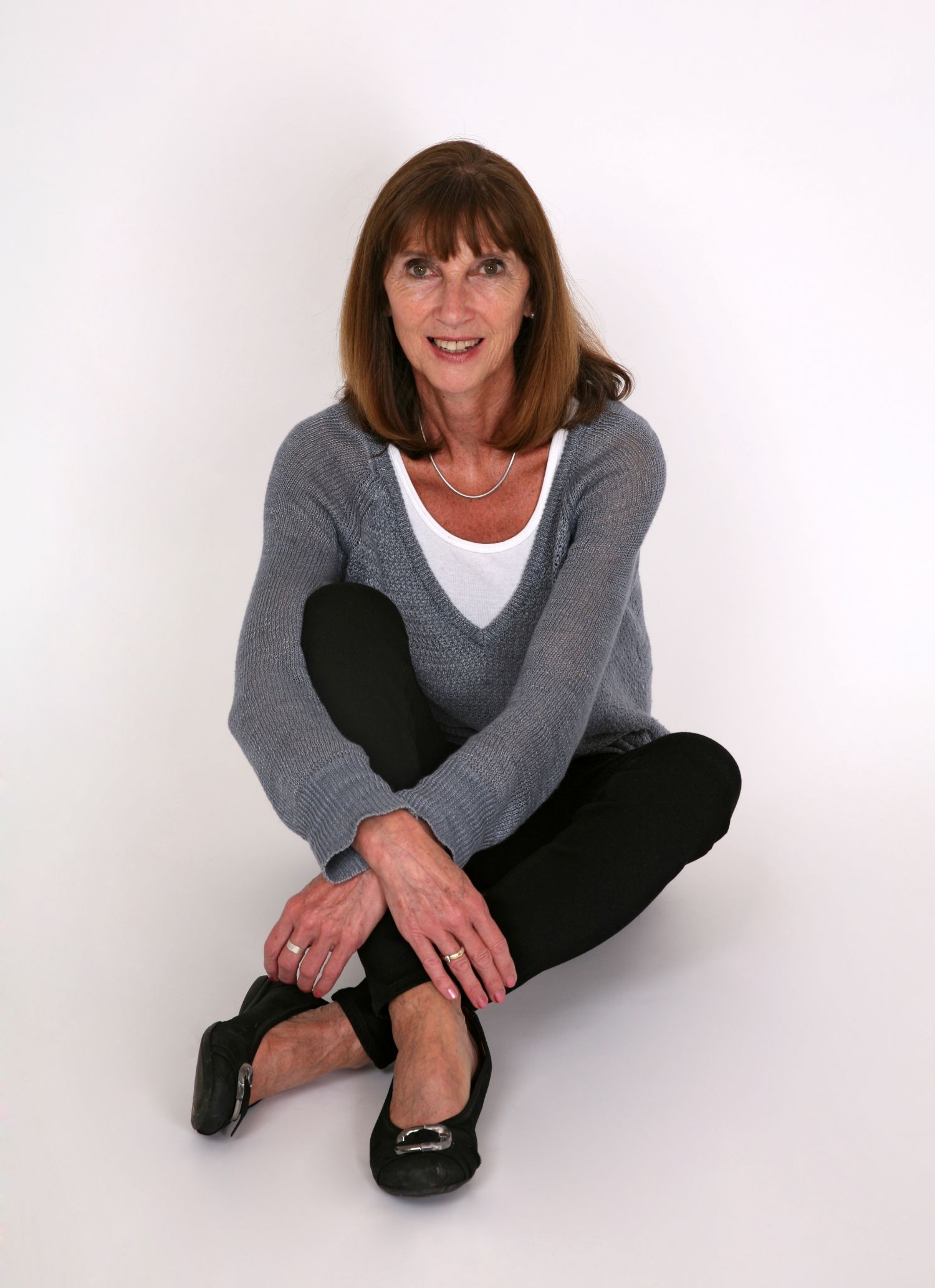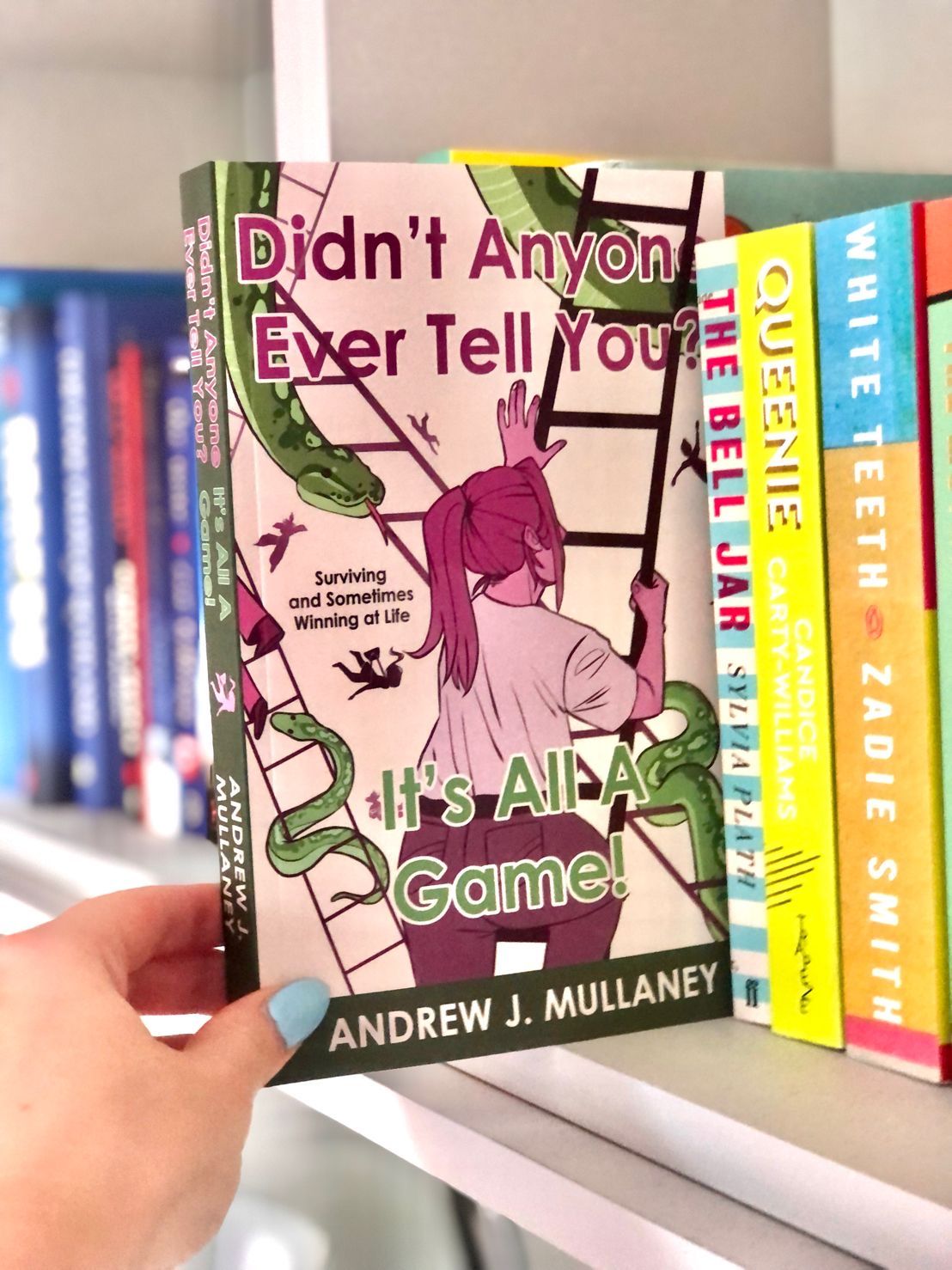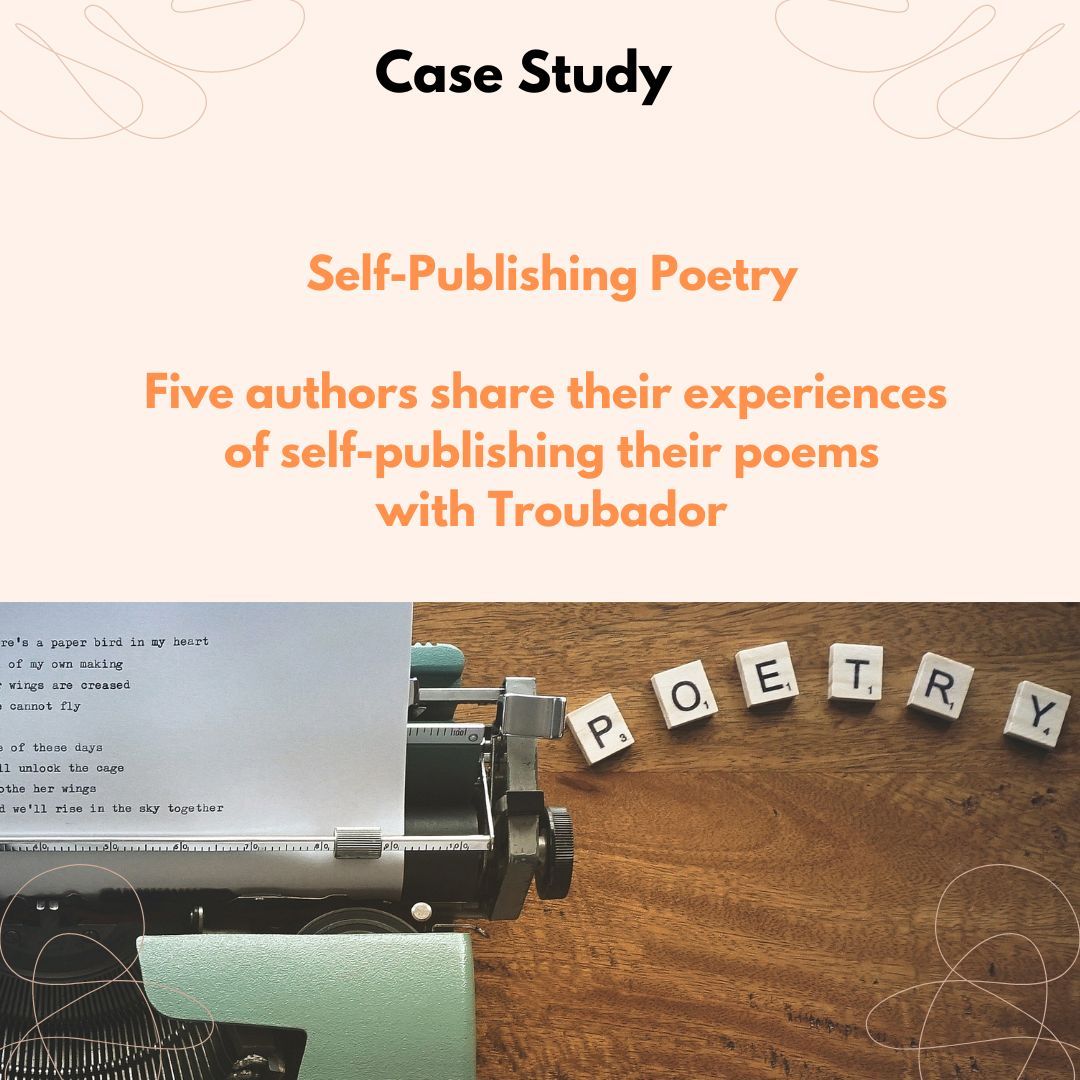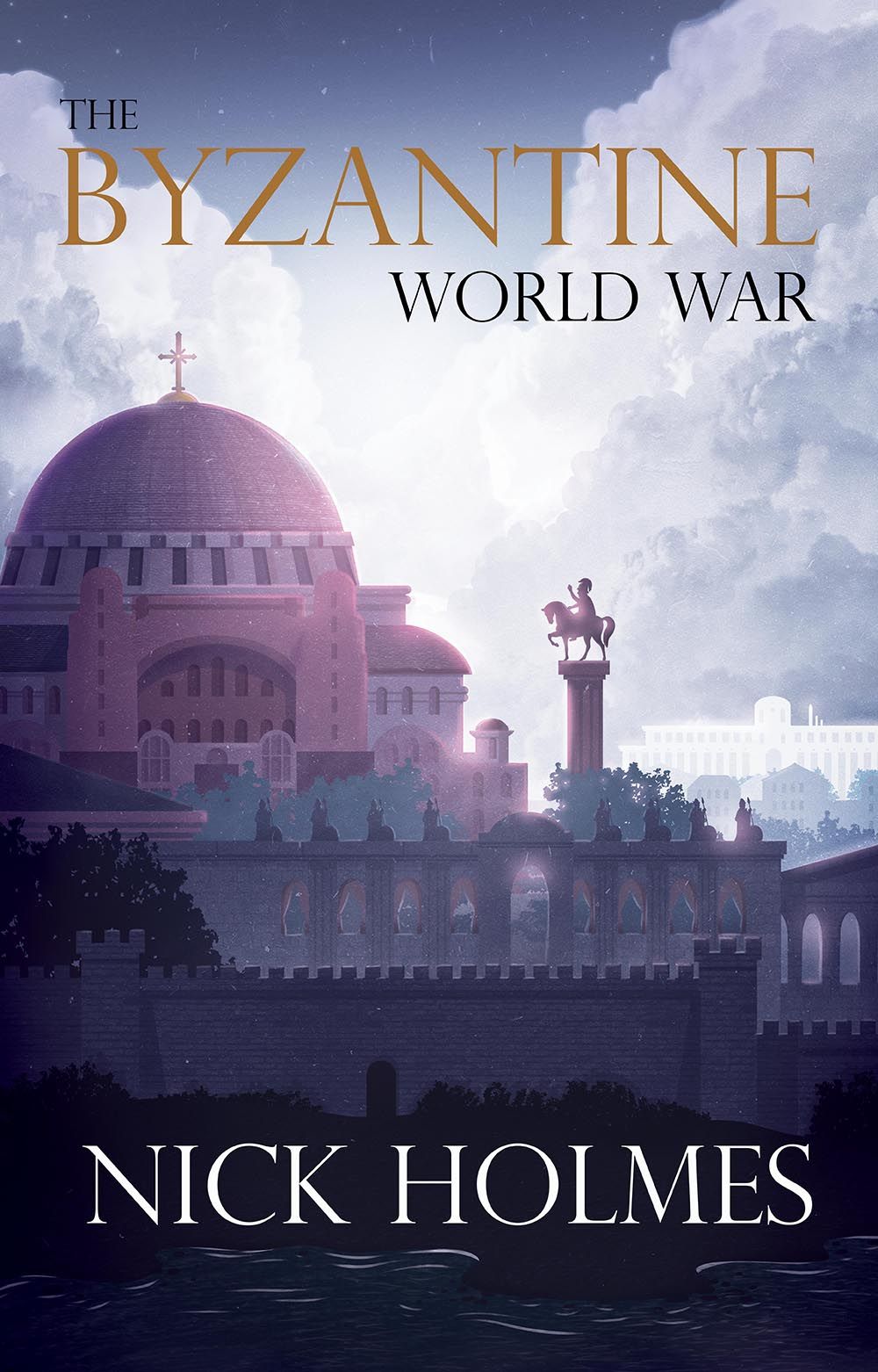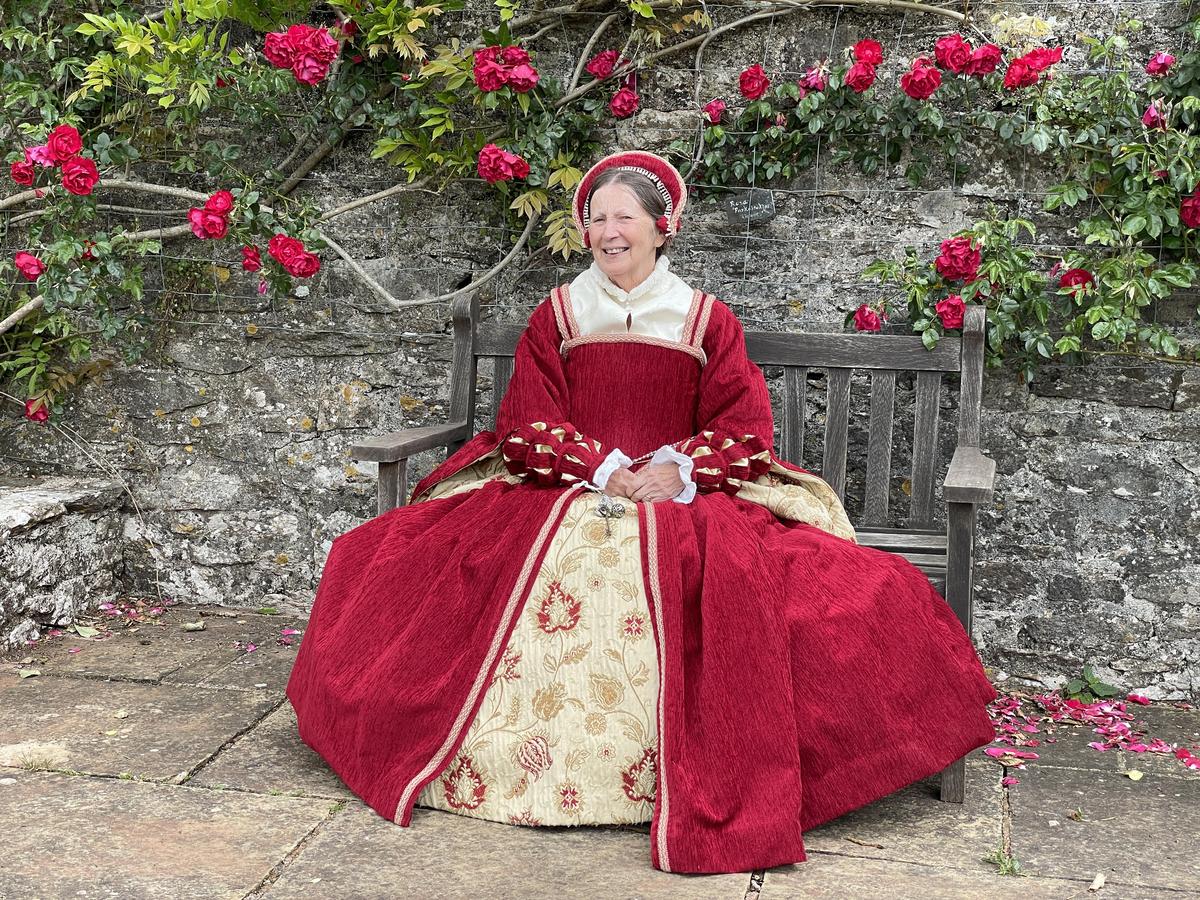
5 min read
Rosemary Griggs: Turning a Passion into a Profession
Written by:
Alex Thompson
Author and speaker Rosemary Griggs has been researching Devon's sixteenth-century history for years. Her novel A Woman of Noble Wit tells the story of Katherine Champernowne, Sir Walter Raleigh’s mother, and features many of the county’s well-loved places. In this case study, she discusses how what started as an interest and a hobby has turned into a budding writing career.
Tell us a bit about yourself.
After a long career in the Civil Service, working in Whitehall, I retired to Devon and started to research the county’s sixteenth-century history. I also became immersed in the world of sixteenth-century fashion. I have even brushed up my dressmaking skills to recreate garments from that era.
By dressing as they did and walking in their footsteps, I’ve been able to connect with the women of Devon who lived through the challenging Tudor years. I’ve gained unique insights into their world that no book could provide, which helps me to tell their stories and share their experiences in my writing.
Using a blend of theatre history and re-enactment, I also give presentations for museums and community groups throughout the West Country.
How did you get into all things 16th century in the first place?
I first discovered history in primary school. Over time, it has become a passion that has never faded, even though my career took a different direction. The Tudor and Elizabethan eras have always held a special fascination for me. The tales of Henry VIII, his wives, and the courtiers of Mary and Elizabeth still captivate me. However, I also wanted to explore the lives of the women in England who lived outside the royal court, particularly those in Devon.
During my time as a volunteer at Compton Castle, a small fortified manor house, the National Trust asked me to create a costume to portray a historical character for visitors. However, I didn't just want to look the part by "dressing up." I wanted to delve deeper and understand how the clothes were crafted and what it felt like to wear them. This led me to conduct extensive research, which unveiled numerous unexpected links between clothing and Tudor life.
Studying clothing and fashion has led me to research health, hygiene, fabrics, dyes, and the people involved in making clothes like weavers, dyers, tailors, and embroiderers. I’ve also discovered the Guilds overseeing their crafts and trade. Along the way, I met Devon merchants who made fortunes selling wool and woollen cloth. I’ve even delved into politics, international relations, and piracy.
Where did the idea for your first book, A Woman of Noble Wit, come from?
I came across Katherine Champernowne, the main character in my first book, at Compton Castle, the home of the Gilbert family. I discovered that Katherine was the mother of two famous Elizabethan adventurers: Sir Humphrey Gilbert and Sir Walter Raleigh. When I found her mentioned in Foxe’s book of Martyrs, which was published during her lifetime, I knew I had to tell her story.
What led you to consider self-publishing your work?
I decided to self-publish to maintain control over my work. I didn’t want a publisher to push me towards trends like murder, mystery or time-slip romance. I also didn’t want to be encouraged to write another version of Anne Boleyn’s life. I wanted to tell the stories of the women of sixteenth-century Devon my way. Time was also a major factor. At my age, I couldn’t wait for months to be noticed by an agent and then wait again for a publisher.
What do you wish you had known before self-publishing?
I wish I had known more about different ways to promote and market my book. I’ve been on a steep learning curve to find the best and most affordable ways to help readers find my work. Building my website has been vital, and now I’m expanding my reach through social media and regular newsletters to a growing following.
A Woman of Noble Wit has been published in paperback, ebook and audiobook – what would be your advice to an author considering publishing in multiple formats?
Consider your target audience and where they are likely to buy books. In my case, many of my readers prefer to buy physical books from local bookshops. That is why I opted not to release just an eBook. Thanks to Troubador's supported self-publishing model, my book is now available in many local bookstores as a paperback.
At first, I didn't realise the popularity of audiobooks, so I released a paperback and eBook before the audiobook. For my next book, I plan to release all three formats together. This way, I hope to increase sales and engage more readers.
What has been your biggest challenge as a self-published author?
My biggest challenge is managing my time. I am busier now than I have ever been, but I’m enjoying the challenge of balancing my public speaking engagements, which are a brilliant way to showcase and sell my books, with writing, research and sewing,
What has been the highlight of your self-publishing journey so far?
Seeing copies of A Woman of Noble Wit regularly placed on the Historical Fiction table in Waterstones, alongside books by famous writers like Alison Weir and Philippa Gregory.
You have a new book due to be published - tell us a little about it.
The Dartington Bride is the extraordinary story of Lady Gabrielle Roberda Montgomery, who came to Elizabethan England to marry into one of Devon’s most prominent and well-connected families.
After a traumatic childhood in war-torn France, Roberda arrives full of hope for her wedding in England. But her ambitious bridegroom, Gawen, has little interest in taking a wife.
Received with suspicion by the servants at her new home, Dartington Hall in Devon, Roberda works hard to prove herself as mistress of the household and to be a good wife. But some will never accept her as a true daughter of Devon.
After a narrow escape from the St Bartholomew’s Day Massacre in Paris, Roberda’s family are welcomed at Dartington Hall as refugees. Roberda is determined to help other French women left destitute by the wars. But her husband does not approve. Their differences set them on an extraordinary path...
For this book, I conducted research in France and also explored ‘behind the scenes’ at Dartington Hall in Devon, where much of the story is set. The Dartington Bride will be released in March, and I am already working on the next novel in my Daughters of Devon series.


